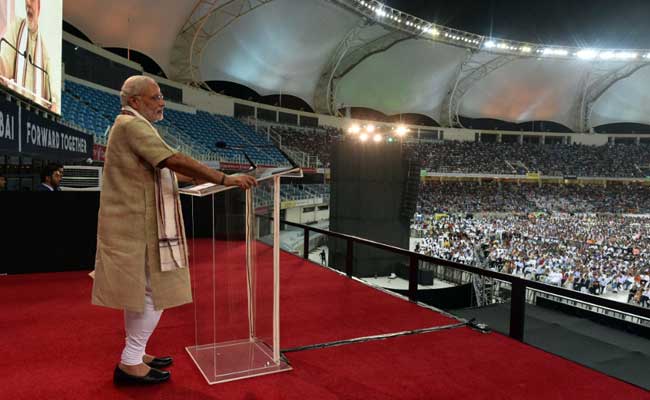At the 28th United Nations Climate Change Conference (COP28), India emerged as a key player in the global climate dialogue, proposing innovative solutions and setting ambitious targets for environmental sustainability. In a significant development, Prime Minister Narendra Modi announced India’s bid to host the COP33 summit in 2028, marking a pivotal moment in the nation’s engagement with global climate policy.
Despite contributing less than four per cent to global carbon emissions, India has been proactive in addressing climate change. The Prime Minister emphasized the country’s development model, which integrates ecological considerations with economic growth. This approach has positioned India as a model for sustainable development, particularly relevant for emerging economies balancing growth with environmental stewardship.
One of the major highlights of India’s participation in COP28 was the introduction of the “Green Credit” initiative. This initiative is designed to incentivize public participation in creating and maintaining carbon sinks, such as forests and other natural ecosystems, which are crucial for absorbing carbon dioxide from the atmosphere. By assigning a quantifiable value to actions that contribute to the development and preservation of these carbon sinks, the Green Credit system encourages individuals, communities, and organizations to actively engage in pro-environmental activities. This approach not only fosters a collective responsibility towards the planet but also integrates economic incentives with ecological sustainability.
In terms of specific targets, India has committed to a 45% reduction in emission intensity by 2023, alongside increasing the share of non-fossil fuels in its energy portfolio to 50%. These ambitious targets underscore the country’s dedication to transitioning towards renewable and cleaner energy sources, reducing reliance on fossil fuels, and curtailing greenhouse gas emissions.
India is among the few economies on track to meet its Nationally Determined Contributions (NDCs) under the Paris Agreement. NDCs are individual countries’ efforts to reduce national emissions and adapt to the impacts of climate change. India’s progress in this regard is crucial, as it aligns with the global endeavour to limit warming to 1.5 degrees Celsius, a target that is vital to averting the most catastrophic impacts of climate change.










